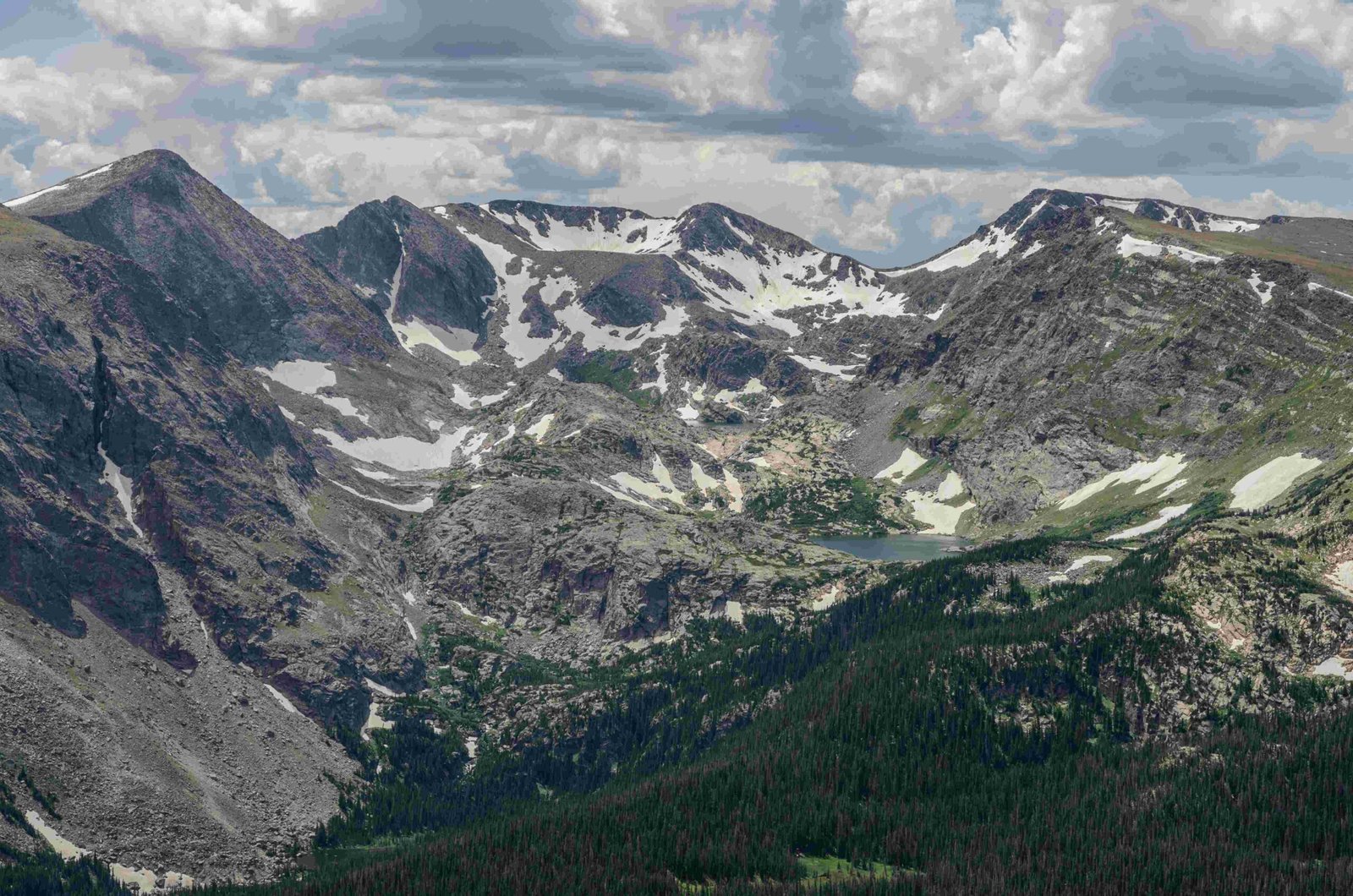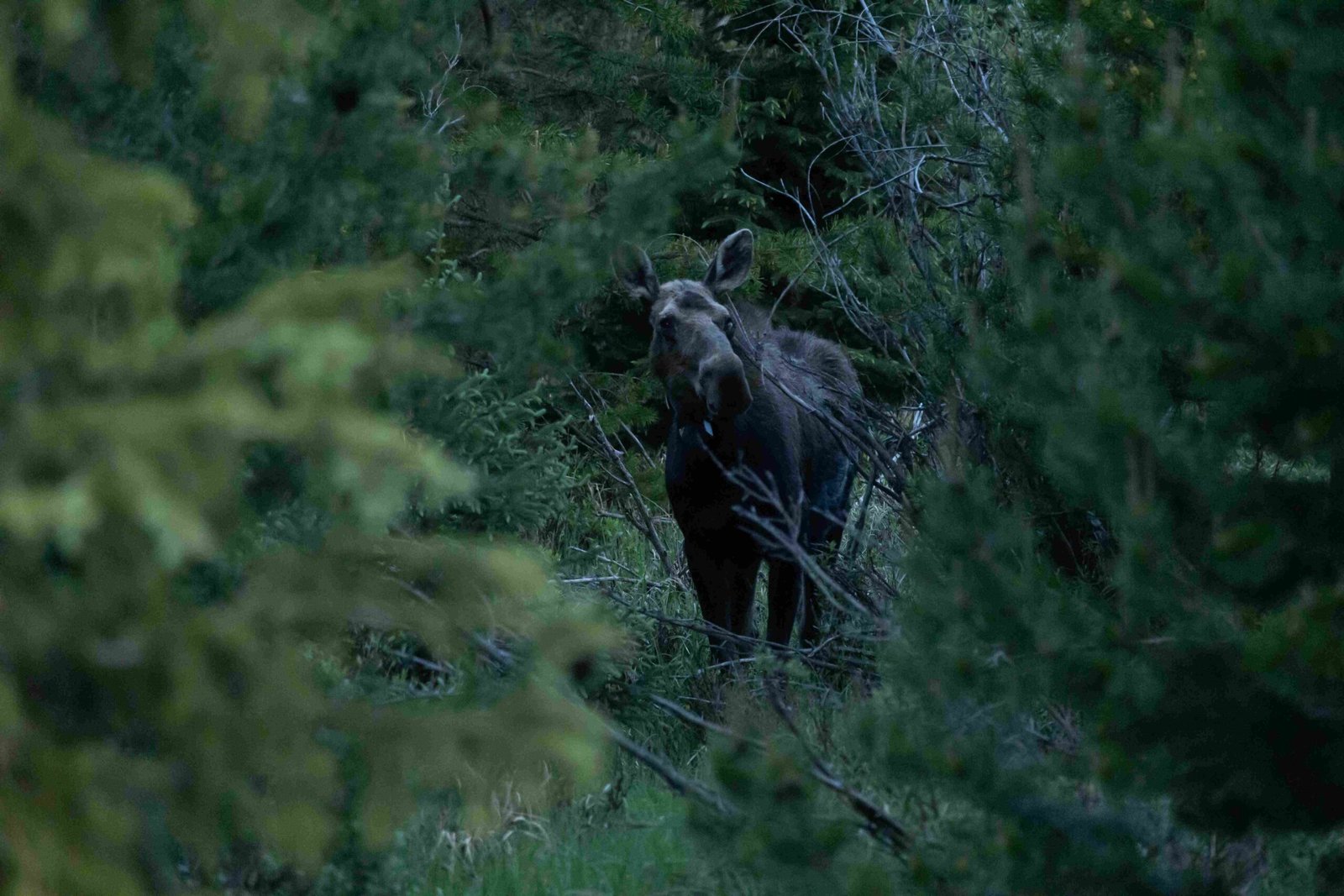Lake Verna in Rocky Mountain National Park offers a serene wilderness camping experience. Located along the East Inlet Trail, this remote destination requires a strenuous hike and proper permits. Campers must adhere to strict regulations to preserve the natural beauty. The area provides opportunities for fishing, hiking, and immersing in pristine alpine scenery. Proper planning and preparation are essential for a safe and enjoyable backcountry adventure at Lake Verna.
What Are the Requirements for Camping at Lake Verna?

To camp at Lake Verna, you must obtain a Wilderness Permit from Rocky Mountain National Park. Here’s what you need to know:
- Permit Acquisition:
- Pick up at Headquarters Wilderness Office or Kawuneeche Visitor Center
- Plan your trip and decide on camping dates
-
Make reservations well in advance, especially for peak seasons
-
Regulations:
- Limited permits to minimize environmental impact
- Specific campsite assignments for each night
- Display Tent Tag on pack and tent
-
Place Dash Tag on vehicle for overnight parking
-
Fees:
- Contact Wilderness Office for current fee structure
- Fees may vary based on group size and duration of stay
What Amenities Are Available at Lake Verna Campsite?

Lake Verna campsite offers a true wilderness experience with minimal amenities:
- Tent Sites: Limited designated sites (exact number not specified)
- Restroom Facilities: May have a privy (check with Wilderness Office)
- Water Sources: Natural water sources available, but treatment/filtration required
- Proximity to Trails: Located near East Inlet Trail
| Amenity | Availability |
|---|---|
| Tent Sites | Limited |
| Restrooms | Possible privy |
| Water | Natural sources (treatment required) |
| Trails | Near East Inlet Trail |
What Are the Fishing Regulations at Lake Verna?
Fishing at Lake Verna is subject to both Colorado state and Rocky Mountain National Park regulations:
- Licenses:
- Valid Colorado fishing license required
-
Additional park-specific regulations may apply
-
Species and Seasons:
- Regulations vary by lake and stream within the park
-
Check current restrictions on species, seasons, and gear
-
Conservation:
- Practice catch-and-release to preserve fish populations
- Use artificial lures or flies to minimize environmental impact
What Hiking Trails Are Near Lake Verna?
The primary trail to access Lake Verna is the East Inlet Trail:
- Trail Details:
- Distance: Approximately 9 miles round trip
- Difficulty: Moderate to difficult
-
Elevation Gain: Around 2,000 feet
-
Trail Features:
- Passes through diverse ecosystems (forests, alpine meadows)
- Offers scenic views of surrounding mountains
-
Culminates at Lake Verna, a pristine alpine lake
-
Preparation:
- Carry adequate water and snacks
- Wear sturdy hiking boots and appropriate clothing
- Be prepared for sudden weather changes
How to Prepare for Camping at Lake Verna?
Proper preparation is crucial for a safe and enjoyable camping experience at Lake Verna:
- Essential Gear:
- Lightweight tent
- Warm sleeping bag (suitable for alpine conditions)
- Backpacking stove and fuel
- Water filtration system
-
Bear-resistant food container
-
Clothing:
- Layered clothing for varying temperatures
- Rain gear
-
Warm hat and gloves
-
Safety Precautions:
- Inform someone of your itinerary
- Carry a first-aid kit
- Bring a map and compass (and know how to use them)
- Consider carrying a satellite communication device
What Wildlife Might You Encounter at Lake Verna?
Lake Verna’s alpine environment is home to diverse wildlife:
- Common Sightings:
- Marmots
- Pikas
-
Various bird species
-
Larger Mammals:
- Elk
- Bighorn sheep
-
Black bears (rare but possible)
-
Wildlife Safety:
- Observe from a distance
- Never feed wildlife
- Store food properly in bear-resistant containers
How to Practice Leave No Trace Principles at Lake Verna?
Preserving the pristine nature of Lake Verna is crucial:
- Campsite Selection:
- Use designated sites only
-
Camp at least 200 feet from water sources
-
Waste Management:
- Pack out all trash
-
Use provided privies or practice proper waste burial techniques
-
Minimize Impact:
- Stay on established trails
- Avoid picking plants or disturbing wildlife
- Use a camp stove instead of building fires
What Are the Best Times to Camp at Lake Verna?
The camping season at Lake Verna is influenced by weather and park regulations:
- Peak Season:
- July to September
- Warmer temperatures and less snow
-
Higher chance of thunderstorms
-
Shoulder Seasons:
- Late June and early October
- Fewer crowds but more unpredictable weather
-
Potential for snow at higher elevations
-
Considerations:
- Check weather forecasts before your trip
- Be prepared for sudden temperature changes
- Obtain up-to-date trail conditions from park rangers
Camping at Lake Verna in Rocky Mountain National Park offers a challenging but rewarding wilderness experience. With proper planning, adherence to regulations, and respect for the environment, visitors can enjoy the breathtaking beauty of this alpine setting while minimizing their impact on the delicate ecosystem.
References:
1. https://www.nps.gov/romo/planyourvisit/wild_guide.htm
2. https://www.nps.gov/romo/planyourvisit/site_details.htm
3. https://www.alltrails.com/trail/us/colorado/lake-verna-via-east-inlet-trail

